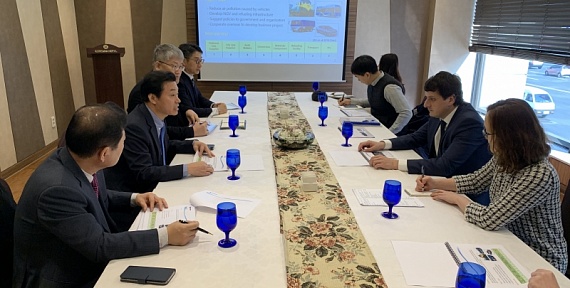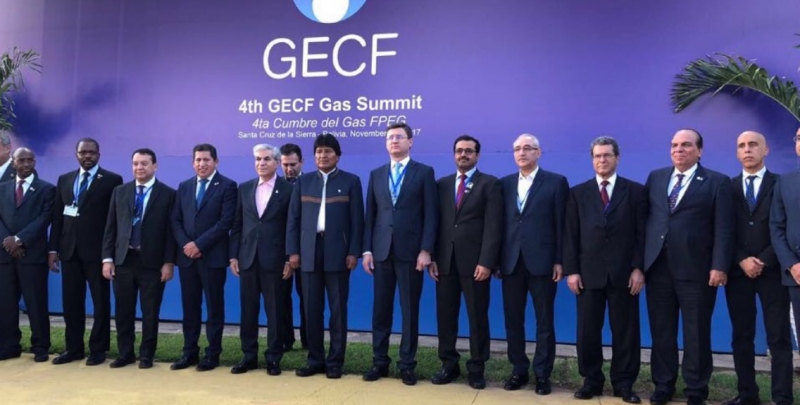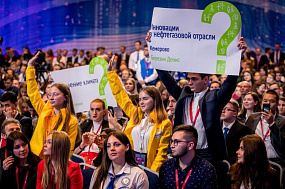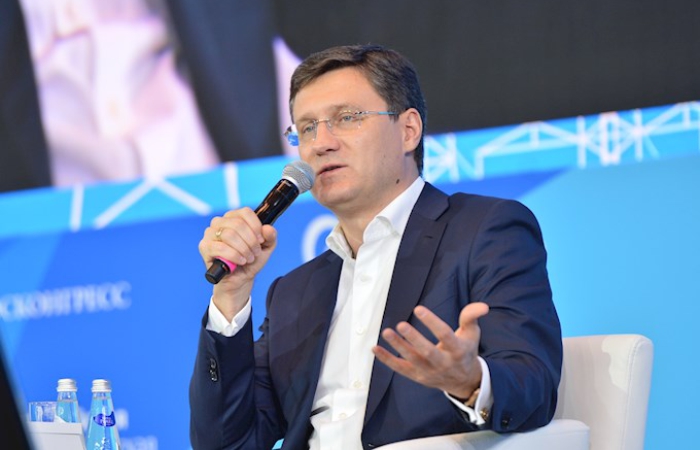Anton Inyutsyn: “There has been progressive development in energy cooperation between Russia and Korea”

Russian Deputy Minister of Energy Anton Inyutsyn has paid a working visit to the Republic of Korea as part of a Russian delegation headed by Deputy Prime Minister of the Russian Federation and Presidential Plenipotentiary Envoy to the Far Eastern Federal District of the Russian Federation Yury Trutnev.
During the trip, the Russian representatives discussed issues concerning cooperation in the energy, agriculture, wood processing, petrochemical, and fishing industries.
“There has been progressive development in energy cooperation between Russia and Korea. Our main collaboration has been in the oil, gas, and coal sectors. There are prospects for intensifying cooperation in the power industry”, Inyutsyn said.
Inyutsyn also said that the Russian Ministry of Energy and the South Korean Ministry of Trade, Industry, and Energy signed a Memorandum of Understanding in June 2018 on cooperation in the electric power industry as well as energy conservation and energy efficiency, which is the starting point for the further expansion of cooperation.
“We are planning to carry out joint activities in energy efficiency and energy conservation as well as the relevant scientific and educational activities within the framework of this memorandum”, he said.
In addition, Inyutsyn held talks on ways to develop Russian-Korean cooperation in the use of gas-engine fuel with representatives of the South Korean Ministry of Environment, the Korea Institute of Industrial Technology, major Korean companies as well as manufacturers of equipment and machinery for the gas-engine fuel market that are part of the Korean Association for Natural Gas Vehicles.
For reference:
At present, there are approximately 40,000 vehicles in Korea, including 31,000 buses that run on natural gas buses and roughly 200 petrol stations, including seven LNG stations.
South Korea started using buses that run on natural gas in the 2000s. Such buses now account for 81% of such vehicles. In the medium term, the South Korean Government plans to switch freight vehicles to the use of liquefied natural gas.
The South Korean Government uses subsidies, tax breaks, and reduced loan interest rates as key measures of state support to develop the gas-engine fuel market in the country.
Korea is also a major producer of gas cylinder and LPG filling equipment and machinery that runs on gas-engine fuel.





